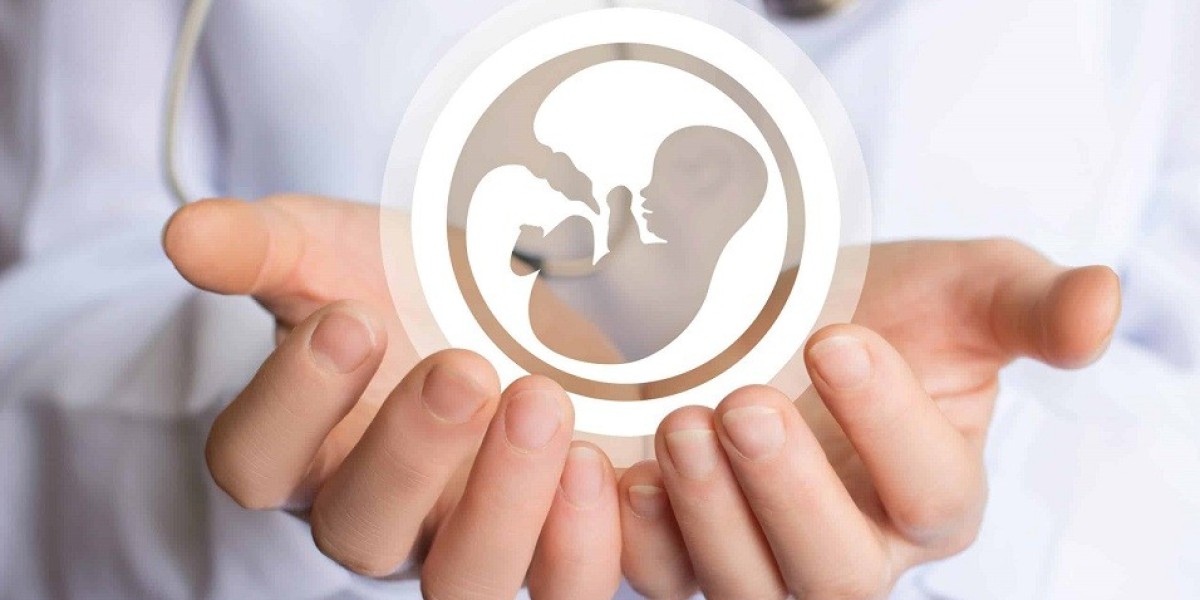In vitro fertilization (IVF) is a complex and emotional journey for many couples striving to conceive. While it offers hope and opportunities, not all IVF cycles result in pregnancy. Understanding why IVF fails can provide insight and help in navigating future attempts. Here is a detailed look into the main reasons for IVF failure and what you can do if you experience a failed cycle.
Why Does IVF Fail?
IVF failure can be attributed to several factors, each impacting the success rates in different ways. Some common reasons include:
- Embryo Quality: The health and quality of embryos play a crucial role in successful implantation. Poor embryo quality may result from genetic abnormalities or issues during the egg and sperm combination process.
- Uterine Factors: The uterine lining (endometrium) must be receptive for embryo implantation. Conditions such as fibroids, polyps, or an irregularly shaped uterus can hinder implantation.
- Age-Related Factors: Age is a significant factor in IVF success. Women over 35 may experience reduced egg quality and quantity, which can affect the likelihood of successful implantation.
- Hormonal Imbalances: Proper hormonal balance is essential for the success of IVF. Imbalances can affect the development of eggs and the receptivity of the uterine lining.
- Male Factor Infertility: Issues with sperm quality or quantity can also impact the success of IVF. Factors such as low sperm count or poor sperm motility can affect embryo development.
- Genetic Factors: Sometimes, genetic abnormalities in either partner can contribute to IVF failure. Preimplantation genetic testing may be recommended to identify potential issues.
What to Do If You Have a Failed IVF Cycle
Experiencing a failed IVF cycle can be disheartening. Here is what you can do to manage the situation:
- Consult with Your Fertility Specialist: Schedule a meeting with the best fertility doctor in Delhi to discuss the results and identify possible reasons for the failure. They can offer insights and suggest adjustments for future cycles.
- Review Your Treatment Plan: Assess your treatment protocol and consider making changes. Your fertility specialist at an IVF hospital in Delhi can guide you on necessary adjustments or additional tests.
- Seek Support: Emotional support is vital during this time. Consider counseling or support groups to help manage the psychological impact of a failed cycle.
- Explore Alternative Treatments: Based on your fertility specialist’s recommendations, explore alternative or supplementary treatments that might improve your chances in future IVF cycles.
IVF Failure Reasons
- Embryo Issues: Chromosomal abnormalities or poor embryo quality can prevent successful implantation.
- Endometrial Issues: An unsuitable uterine lining or other uterine problems can impact embryo implantation.
- Age and Hormones: Advanced maternal age and hormonal imbalances can affect IVF outcomes.
- Genetic Factors: Genetic issues can contribute to failed cycles.
Treatment for Endometriosis Patients
Endometriosis can affect fertility and IVF success. Treatments might include:
- Medication: Hormonal therapies can help manage symptoms and improve uterine conditions.
- Surgery: Surgical intervention to remove endometrial tissue can enhance IVF success.
- Specialized Care: Working with an IVF hospital in Delhi that offers specialized care for endometriosis patients can provide tailored treatment plans.
Positive Aspects of IVF Failure
While IVF failure is challenging, it also offers a chance to:
- Refine Your Approach: Learn from the experience to adjust and improve your treatment plan.
- Strengthen Resilience: Build emotional strength and resilience for future attempts.
- Explore Other Options: Consider alternative fertility treatments or adoption as viable paths to parenthood.
Grieving After IVF Failure
It’s essential to acknowledge and process your emotions after a failed IVF cycle. Allow yourself time to grieve and seek support from loved ones or professionals. Therapy and support groups can be beneficial in navigating this emotional journey.
How Long After Failed Implantation Will Period Start?
Typically, your period will start within 10 to 14 days after a failed implantation. However, this can vary depending on individual factors and treatment protocols.
When Do You Get Your Period After Failed IVF?
After a failed IVF cycle, your period generally starts about 2 weeks following the embryo transfer. If you experience a delay or irregularities, consult with your fertility specialist at SCI IVF Hospital to ensure everything is proceeding as expected.
Understanding these aspects of IVF can help you navigate the process with greater clarity and prepare for future attempts. Consult with the best fertility doctor in Delhi for personalized advice and support throughout your IVF journey.



